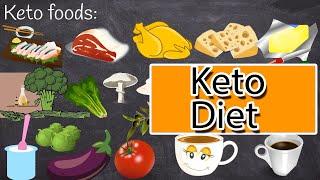- About WordPress
- Netscribes
- Customize
- 5050 Comments in moderation
- New
- Edit Case Study
- SEOOK
- Focus keyphrase: executive data
- SEO score:OK
- Readability:Good
- Front-end SEO inspectorPremium
- Analyze this page
- SEO Tools
- How to
- Help
- SEO Settings
- Notes
- Leroux Core Options
- Wishlist
- Imagify
- WP Rocket
- Slider Revolution
- App Showcase
- Business Home
- Business Strategy
- Fullscreen Slider
- Landing Bottom
- Landing Top
- Main Home
- TLAAS BANNER
- Research and Information
- Research and Information 2
- market-research-banner
- Technology Research
- Data Analytics
- Catalog-management-banner
- technology-ip-research-analytics
- Ecommerce Analytics
- Ecommerce Content Services
- Primary Research Service
- Consumer Research Services
- Data Information Service
- Research And Information New
- Seller Support Services
- Ecommerce Returns Management Solutions
- Business Home - test
- Main Home1
- Tech page
- Data engineering
- AI
- Web Data intelligence Services
- Automation Solutions
- Application Engineering
- business-intelligence-services
- Main Home1 1
- BFSI
- Main Home - video
- CPG & Retail
- Automotive and Mobility
- Life Sciences
- Manufacturing and Industries
- Tech Home Updated
- TMT - Banner
- automotive and mobility banner
- CPG and Retail banner
- Life-science banner
- BFSI - Banner
- information services banner
- seller support services
- Ecommerce Returns Management
- Application Eng Updated
- Web data Intelligence Updated
- Investment Research
- Data Operations


